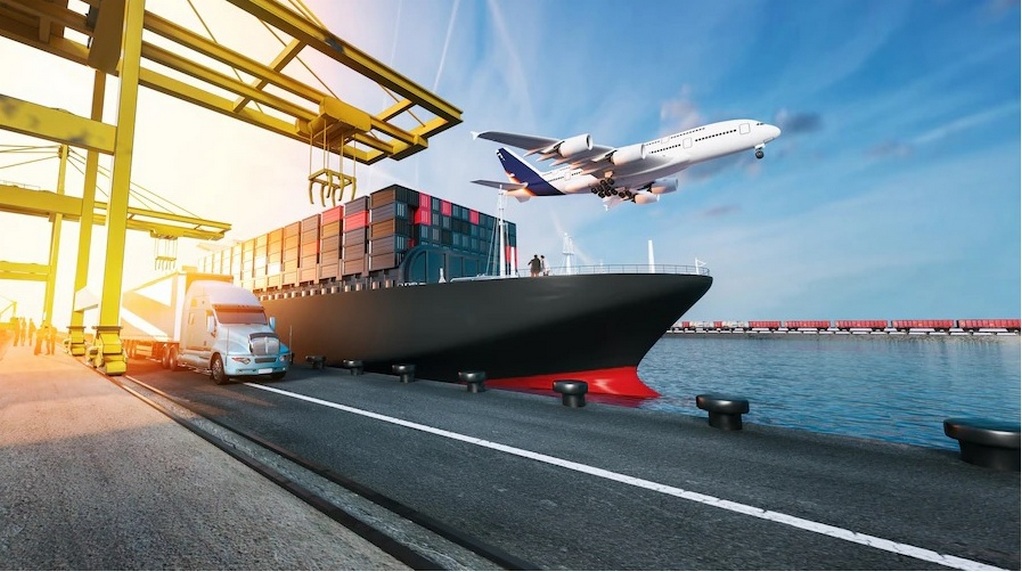With two months to go until the 79th gathering Marine Environment Protection Committee (MEPC), the International Maritime Organization (IMO) is facing pressure to up its game when it comes to green targets.
Member states at IMO’s sister body at the United Nations, the International Civil Aviation Organisation (ICAO), voted to adopt a collective long-term global aspirational goal (LTAG) of net-zero carbon emissions by 2050, something that is far head of IMO’s current demands which call for emission cuts of 50% compared to a 2008 baseline.
States at the ICAO Assembly also collectively underscored the importance of viable financing and investment support to the new CO2 emissions goal’s attainment, and fully supported the new ICAO Assistance, Capacity-building and Training for Sustainable Aviation Fuels (ACT-SAF) programme to accelerate the availability and use of new fuels.
Fears that shipping might lose out to other industries such as aviation in the scramble for alternative fuels were discussed at Maritime CEO Forum in Singapore.
Bunkers have always been the residual fuel no one else was willing to use, so supplies and prices have generally been stable, she pointed out. Prices and availability of alternative fuels remain questionable as other better resourced industries will be chasing the same resources, Yang warned.
Tags: Aviation, carbon emissions, IMO, MEPC, NetZero



Recent Posts
Scandlines Nears Delivery of Zero Emissions Ferry Following Successful Sea Trials
India faces emission roadblocks with rising net-zero demands
Green Energy Resources invests in two electric Liebherr LHM 550
NYK Launches Continuous Use of Bio LNG Fuel on Car Carriers to Advance Decarbonization Goals
Yang Ming Expands Fleet with Methanol and LNG Dual-Fuel Vessels Under Fleet Optimization Plan
ClassNK Advocates Speed Gap Monitoring to Optimize Fuel Efficiency in Heavy Weather
Wärtsilä’s retrofit package for the Corsica Linea ferry Pascal Paoli has resulted in fuel savings of up to 22 percent Corsica Linea
COSCO Shipping Names Second Methanol Dual-Fuel Containership in Yangzhou